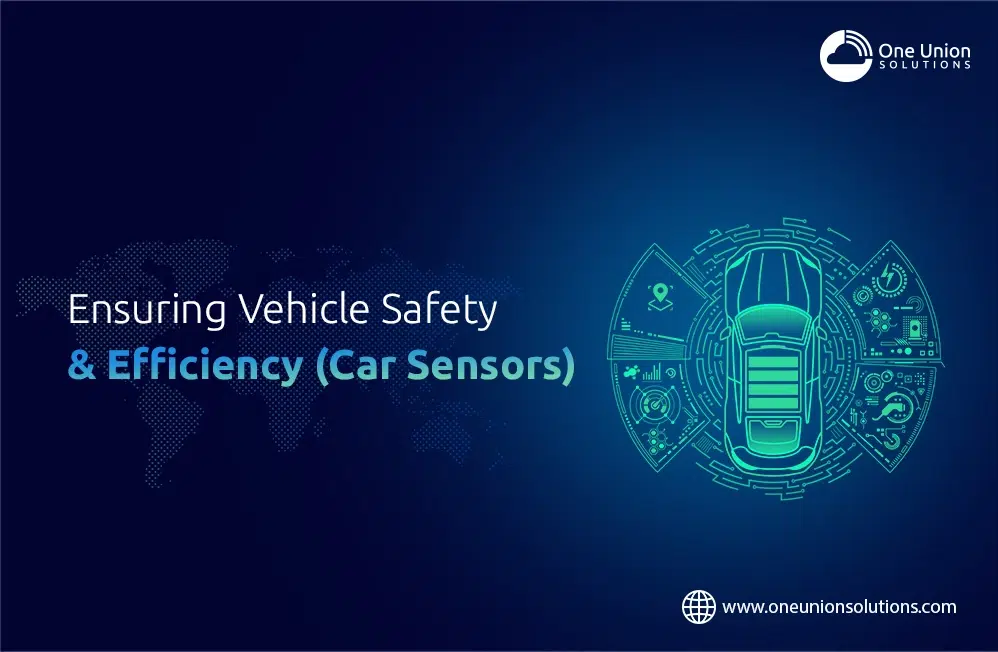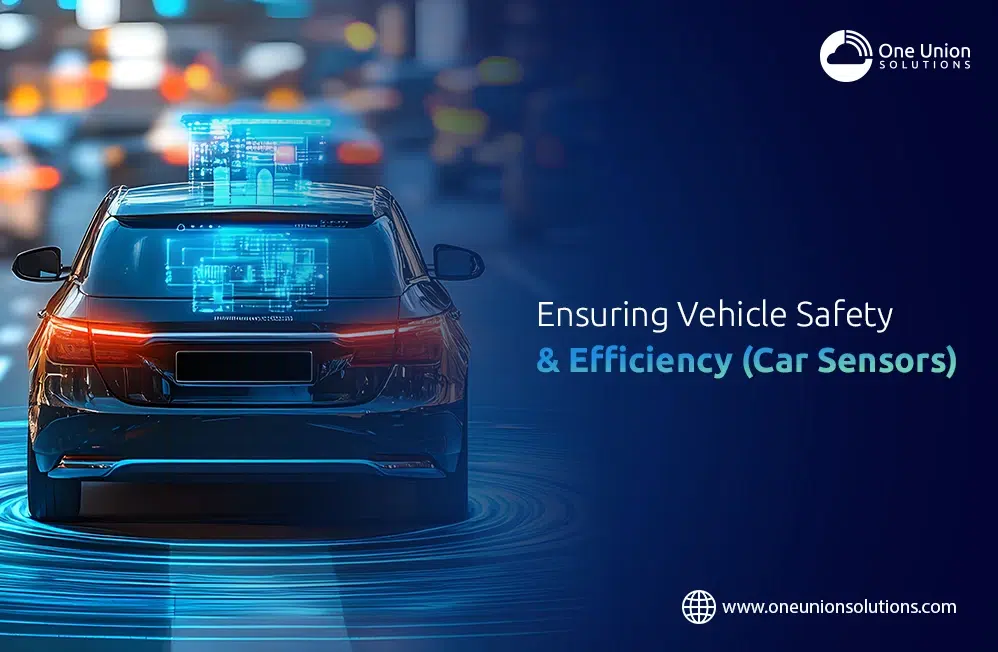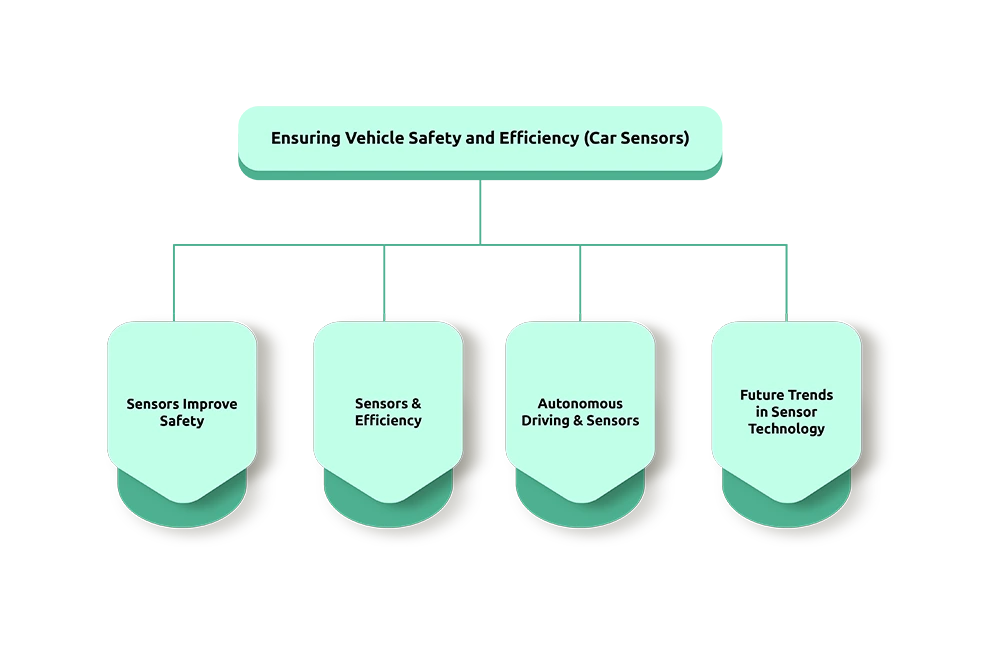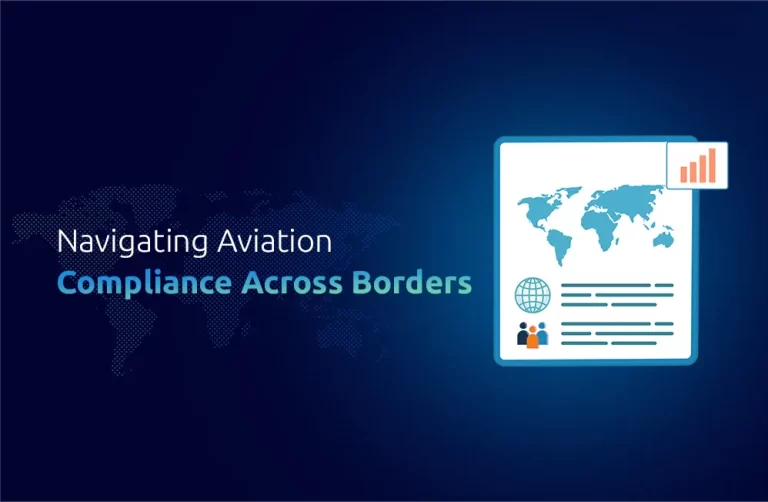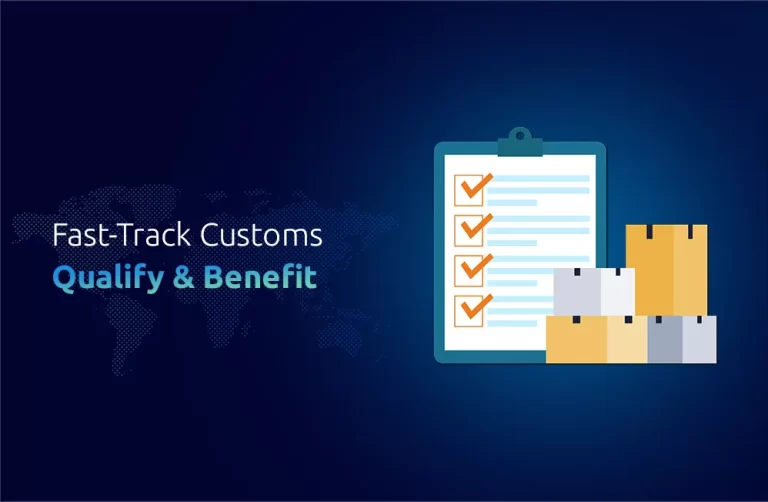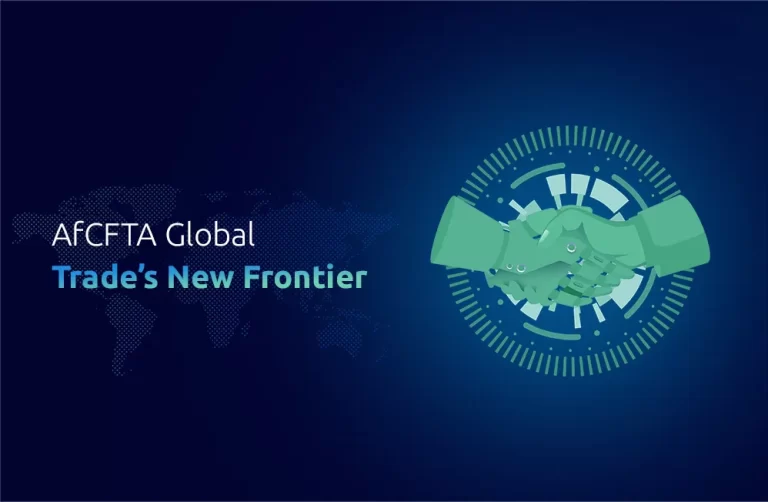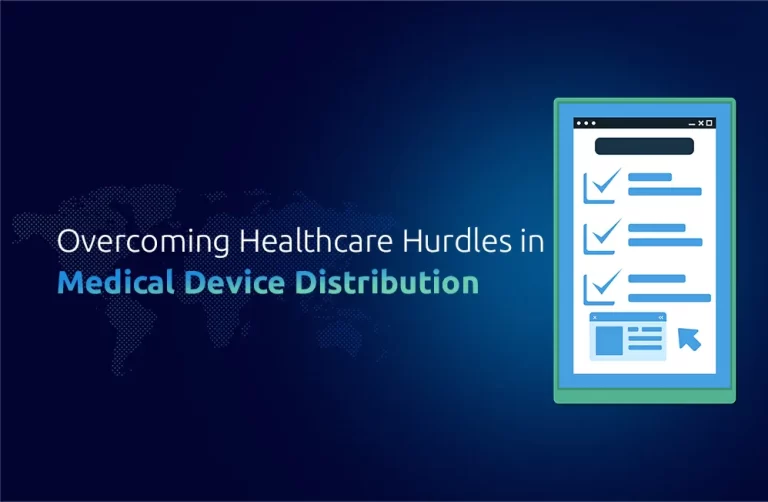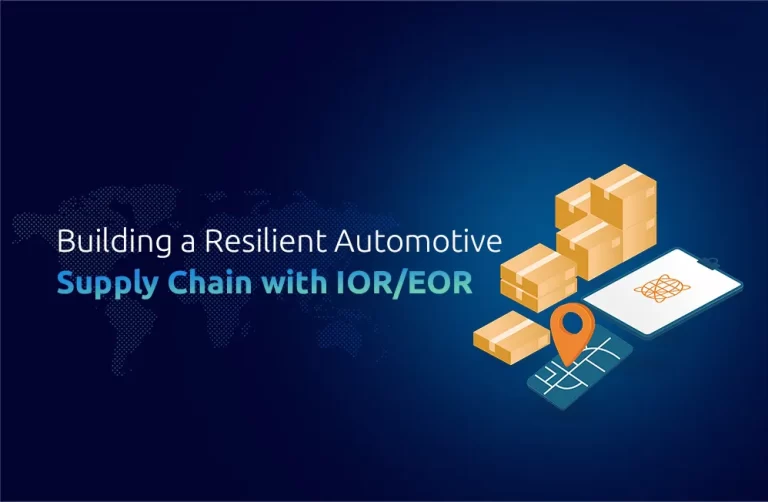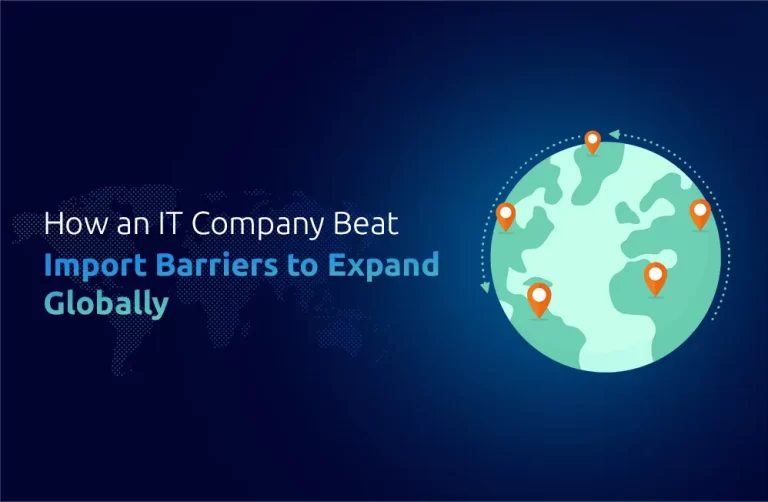Introduction
Sensor technology is pivotal in the modern automotive industry, which is rapidly evolving, helping improve vehicle safety and efficiency for drivers, logistics providers, and freight forwarding firms. According to Volza’s Global Import data, there were 127,426 car sensors imported worldwide between March 2023 and February 2024 by 5,094 exporters to 3,463 global buyers.
This is a substantial increase of 20% over the preceding twelve months. In February, 7,069 car sensors were imported, an annual decline of 31% compared to February 2023 and 35% less than January 2024. By using modern car sensors, companies can increase operational efficiency, warrant compliance, improve supply chain efficiency, and ultimately create efficient and safer transport networks.
Sensor technology has revolutionized the logistics industry by increasing visibility, efficiency, and decision-making across the supply chain. From live tracking of shipments to monitoring temperature and humidity for sensitive cargo, sensors provide crucial data that help confirm the safe and ontime delivery of goods.. It helps custom brokers confirm accurate documentation and smooth customs clearance, improving overall supply chain efficiency.
Freight Forwarding Companies Rely on Sensor Technology
Freight forwarding companies heavily rely on material handling equipment equipped with sophisticated sensors to monitor goods during transit and ensure safe, timely deliveries of their products. Importers of record (IORs) need real-time data on international shipment releases to provide prompt deliveries—this information can ensure smooth deliveries even in today’s fast-paced market. Companies using advanced sensor technology can monitor temperature, humidity, and other key aspects affecting shipments’ integrity more effectively, allowing them to identify potential issues early. By doing so, businesses are better prepared to address potential delays or damage-related costs, minimizing delays while decreasing costs associated with damaged equipment.
Understanding Customs Processes
An accurate assessment of how long customs clearance takes is vital for efficient logistics operations since delays in customs can significantly strain supply chains. Advanced sensors help track shipments while providing invaluable data such as How long do customs take? or How long do packages remain in customs? These insights allow companies to manage their logistics effectively, reducing uncertainties associated with customs processes and building trust among clients and stakeholders. If the shipment is delayed in customs, the businesses can inform clients and stakeholders as soon as possible of expected arrival time to maintain transparency.
Integrating System-on-Chip (SOC) Technology
The sensors integrated into System-on-chip (SOC) technology help operations run more smoothly by tracking HS codes and assuring compliance with regulations such as the Generalized System of Preferences (GSP). This integration is especially advantageous for foreign importers of record who must navigate complex regulatory environments while remaining operationally efficient. Employing SOC technology allows businesses to automate compliance requirements tracking, which helps minimize errors in documentation and shipping processes. This feature is precious for international trade businesses, where minor discrepancies may cause significant delays or substantial financial losses.
Importance of HS Codes in Shipping
HS codes are vital in shipping because they categorize equipment for customs reasons and aid in determining accurate duty assessments while ensuring compliance with laws. With the benefit of sensors that monitor and control HS codes, companies can warrant that their equipment type is correctly classified, which reduces the possibility of delays during customs.
This accurate classification also helps streamline the shipping process for car sensors, ensuring that all regulatory requirements are met efficiently.
Improving Risk Management with Sensor Data
Import-export transactions can reap considerable advantages from using real-time sensor data. This technology enables more precise risk assessments based on current conditions. As large importers and smaller businesses take advantage of sensor information guiding logistics operations, understanding importer of record responsibilities becomes simpler with accurate data. Using sensor data, companies can assess the risks of transporting various equipment and adjust their insurance policies accordingly, contributing to enhanced risk management and improving operational efficiency.
Leveraging Sensors for Enhanced Compliance Management
Importers & exporters face numerous regulations when engaging in international trade. Sensors can assist in monitoring adherence to these regulations, such as those covering safety standards or customs procedures. Monitoring compliance can save importer-exporters costly fines or delays from violations; for instance, ensuring that material handling equipment adheres to regulations can help avoid fines. Sensors allow tracking shipments in transit from origin processing, providing real-time updates on their status and ensuring all parties involved with logistics processes remain informed about any changes.
Future Trends in Sensor Technology
As technology advances, sensors will become more vital for the automotive and logistics industries. It improved the accuracy of sensors and the data analytics capabilities. Integration with AI systems is all the innovations that can benefit businesses in making better-informed decisions and streamlining the efficiency of their supply chains. As consumers’ expectations for speedier delivery times increase, so does the demand for instant data. Companies that invest in cutting-edge sensor technology are better equipped to address this increasing demand while adhering to all applicable regulations and increasing security.
Why Choose One Union Solutions
One Union Solutions stands out as an industry leader in freight forwarding, offering tailored services designed to meet the unique needs of importers and exporters alike. Our in-depth understanding of customs clearance processes, & efficient operations, make us an excellent partner for businesses navigating international trade complexities.
Conclusion
Car sensors are a valuable tool that improves vehicle safety and efficiency in the logistics sector. Their integration with different areas of the freight forwarding industry guarantees the compliance of all parties, speeds up delivery times, and decreases risks of international shipments, providing companies with the necessary tools to be successful in an increasingly globalized world. As technology advances and sensors are developed, they will be more vital tools of effectiveness and efficiency and play a significant part in shaping the future of logistics.
Did you know?
“Car sensors can now monitor and provide live information on environmental conditions like temperature and humidity in shipping, helping to avoid damages and assure prompt, safe delivery in freight forwarding logistics.”
FAQs
How long does customs clearance take?
Customs clearance time frames can differ. However, partnering with an experienced freight forwarder could speed up the process.
What are the responsibilities of the importer-of-record?
The Importer of record is accountable for ensuring compliance with regulations governing imports, including the proper documentation and the payment of duty.
How can technology improve freight forwarding?
Advanced technologies streamline logistics processes, improve shipment tracking, and enhance stakeholder communication.
What is the significance of HS codes in shipping?
HS codes classify equipment for customs purposes, facilitating accurate duty assessments and ensuring compliance with regulations.
Why do packages stay in customs?
Packages can be held in customs due to incomplete documentation, inspections, or other regulatory requirements.

